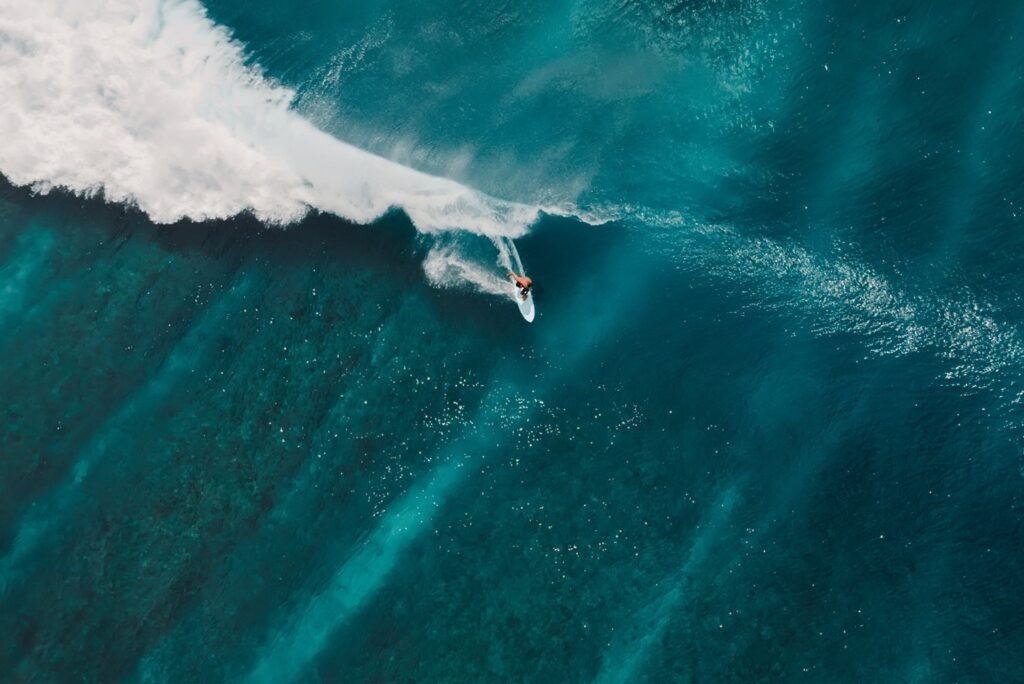
Australia’s coastal communities are closely tied to the health and vitality of the surrounding oceans. These communities rely on marine resources for their livelihoods, often through industries like fishing, tourism, and shipping. As environmental pressures such as overfishing, climate change, and pollution take their toll, the need for sustainable ocean-based economies becomes more urgent. Sustainable practices are essential not only to preserving the ecological balance of marine environments but also to ensuring the long-term prosperity of the people who depend on them. Non-profits play a critical role in promoting these sustainable economies, with a focus on eco-tourism, responsible fishing practices, and community engagement. Funding these initiatives, however, can be challenging, and grants provide essential support for organizations striving to make a positive impact. Grants Assist reviews options available to non-profits that work with coastal communities, providing vital financial resources for sustainable projects.
The Role of Non-Profits in Coastal Sustainability
Non-profit organizations are often at the forefront of driving sustainable economic development in coastal regions. Their efforts focus on balancing economic growth with environmental stewardship, ensuring that local industries can thrive without depleting the marine ecosystems on which they depend. One of the primary ways non-profits support sustainable ocean-based economies is through eco-tourism, a rapidly growing industry that combines tourism with environmental education and conservation. Eco-tourism allows coastal communities to generate income while raising awareness about the importance of protecting marine environments.
In addition to eco-tourism, non-profits are heavily involved in promoting responsible fishing practices. Overfishing is a significant concern in many of Australia’s coastal regions, where unsustainable fishing methods have led to declining fish populations and damaged ecosystems. By working with local fishers, non-profits help to establish sustainable fishing practices that protect marine life while still providing economic benefits to the community. These initiatives often include training programs, advocacy for sustainable policies, and collaboration with government agencies to monitor and enforce sustainable fishing regulations.
Grants Supporting Sustainable Ocean Economies
Securing funding for these projects is essential for non-profits to continue their work. Various grants are available that specifically target non-profits working in coastal communities, providing financial support for sustainable ocean economy initiatives. These grants often focus on long-term environmental sustainability, economic resilience, and community engagement. In particular, projects that demonstrate a commitment to preserving marine ecosystems while creating economic opportunities are highly sought after by grant providers.
One of the challenges for non-profits seeking grants is the competitive nature of the funding landscape. Grant providers typically look for projects that offer measurable outcomes and have a clear plan for achieving their objectives. For non-profits working in coastal communities, this means clearly demonstrating how their initiatives will benefit both the environment and the local economy. Whether the project is focused on promoting eco-tourism or responsible fishing practices, it is important to outline the long-term benefits for the community and the ecosystem.
In Australia, many grants come from a combination of government sources, private foundations, and international organizations focused on environmental sustainability. While each grant may have different requirements, the overall goal remains the same: to support projects that foster sustainable practices in coastal communities. Non-profits must be strategic in their approach to securing these grants, carefully crafting their applications to align with the priorities of the funding body.
Building Partnerships for Long-Term Success
One of the key factors in securing grants for sustainable ocean-based economies is the ability to build strong partnerships. Non-profits working in isolation often struggle to achieve the level of impact needed to secure significant funding. By collaborating with local businesses, government agencies, academic institutions, and other non-profits, organizations can strengthen their applications and increase their chances of success.
For example, a non-profit promoting eco-tourism might partner with a local tourism board to create sustainable tourism packages that highlight the region’s natural beauty while educating visitors on conservation efforts. Similarly, a non-profit working to establish responsible fishing practices could collaborate with local fishers, scientists, and policymakers to create a comprehensive plan for sustainable fishing that balances economic needs with environmental protection.
These partnerships not only enhance the credibility of the project but also ensure that the initiatives have broad-based support. Grant providers are often more willing to fund projects that demonstrate collaboration, as this suggests a higher likelihood of success and long-term sustainability. Moreover, partnerships allow non-profits to leverage additional resources, whether through in-kind contributions or shared expertise, further strengthening their ability to implement their projects effectively.
The Future of Sustainable Ocean Economies
As the pressures on Australia’s marine environments continue to grow, the need for sustainable ocean-based economies becomes even more critical. Non-profits working in coastal communities are uniquely positioned to lead the charge in promoting these economies, but they cannot do it alone. Grants provide the necessary financial support for non-profits to expand their efforts, develop innovative solutions, and engage with local communities.
The future of Australia’s coastal regions will depend on the ability of non-profits to secure funding for their projects and build lasting partnerships that support sustainability. By focusing on eco-tourism, responsible fishing practices, and community engagement, non-profits can help ensure that coastal communities remain economically viable while protecting the marine environments that are essential to their survival.
As awareness of the importance of sustainable ocean economies grows, there is hope that more funding will become available to support these critical initiatives. Non-profits must remain proactive in their pursuit of grants, continuously refining their projects and building partnerships that enhance their impact. Through these efforts, Australia’s coastal communities can become a model for how sustainable practices can lead to both economic and environmental success.
Unlocking Funding Opportunities for Marine Conservation Projects
Expert services offer valuable support to help you secure funding for your marine conservation initiatives. Through a centralized portal, you can access a database featuring over 1,000 grants from federal, state, and local governments, as well as philanthropic organizations. This resource provides the latest updates on available grants, subsidies, scholarships, rebates, and other funding options. Additionally, expert grant writing and consulting services provide guidance to businesses and non-profits, helping streamline the grant application and submission process, ultimately enhancing your chances of securing crucial financial support.



